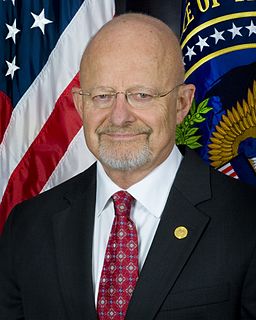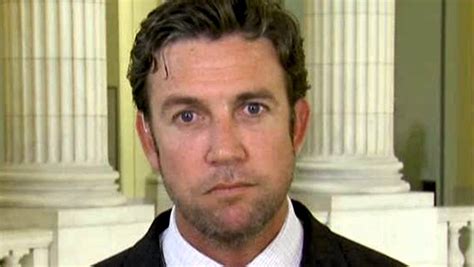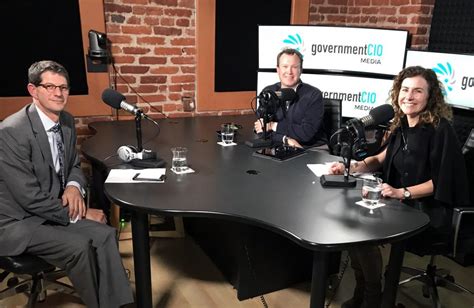A Quote by Hillary Clinton
I think cyber security, cyber warfare will be one of the biggest challenges facing the next president, because clearly we're facing at this point two different kinds of adversaries. There are the independent hacking groups that do it mostly for commercial reasons to try to steal information that they can use to make money.
Quote Topics
Related Quotes
Of course I don't know what's going on in that meeting on in the mind of Donald Trump. But I do know one of the things President Barack Obama was struck by was how much time he spent on cyber-security as president. And one of the things he said was that, in the years ahead, the next president will be spending even more time. And cyber-security isn't a thing that goes away after this election. It's a constant flow.
We need to make sure that whenever we're engaging in a cyber-warfare campaign, a cyber-espionage campaign in the United States, that we understand the word cyber is used as a euphemism for the internet, because the American public would not be excited to hear that we're doing internet warfare campaigns, internet espionage campaigns, because we realize that we ourselves are impacted by it.
The two most capable nation state adversaries in the cyber domain are clearly Russia and, of course, China. And I do think Russia poses a huge threat in the way they have used the cyber domain. That, to me, by the way, is the big issue here, is Russian interference in our political process, in our election process. And that is an egregious act by them. And they will continue to do that and I think more aggressively than they have in the past. And I think it's something Americans, all American citizens need to be aware of.
The wheel of government will continue to work, even as these people come in and we wait for them, but the issue is, there's always one thing, that a new administration confronts.For the Bush administration, it was terrorism. For this administration, it's going to be cyber-security, not Russian hacking. That's a symptom of the bigger problem, but the bigger issue of cyber, how they deal with that. So, we may see something else we're not anticipating. That's going to be their challenge.































